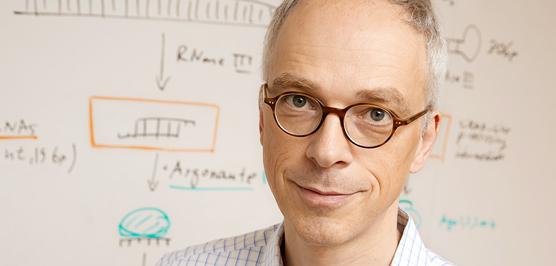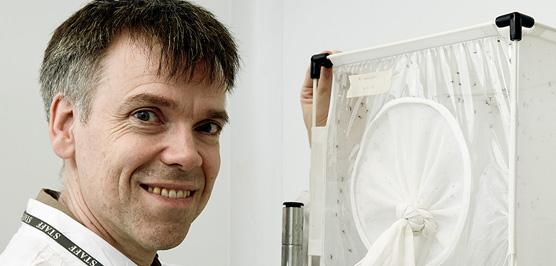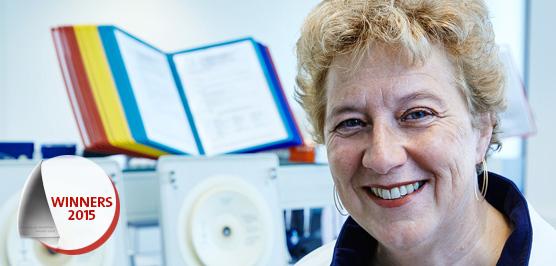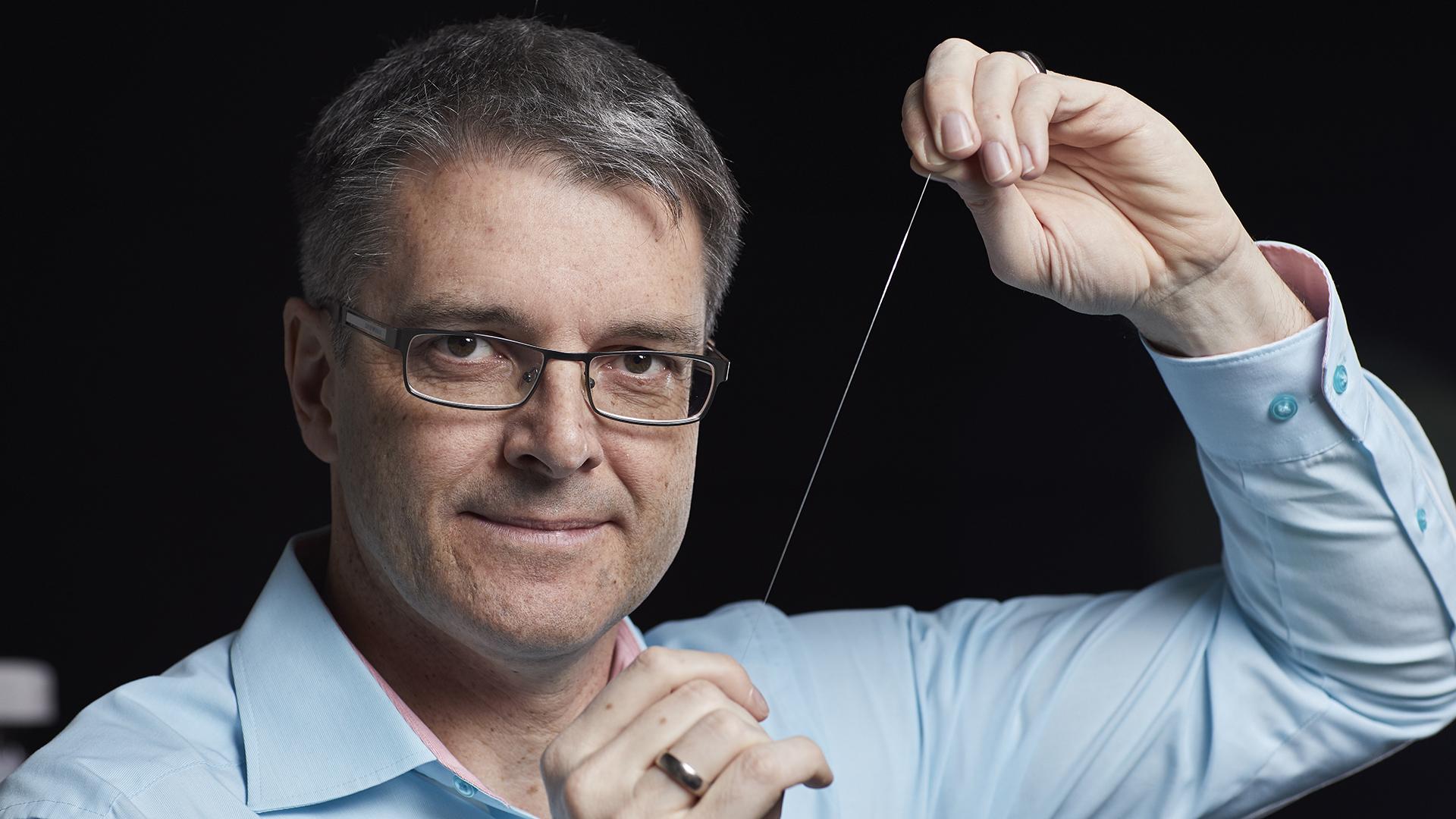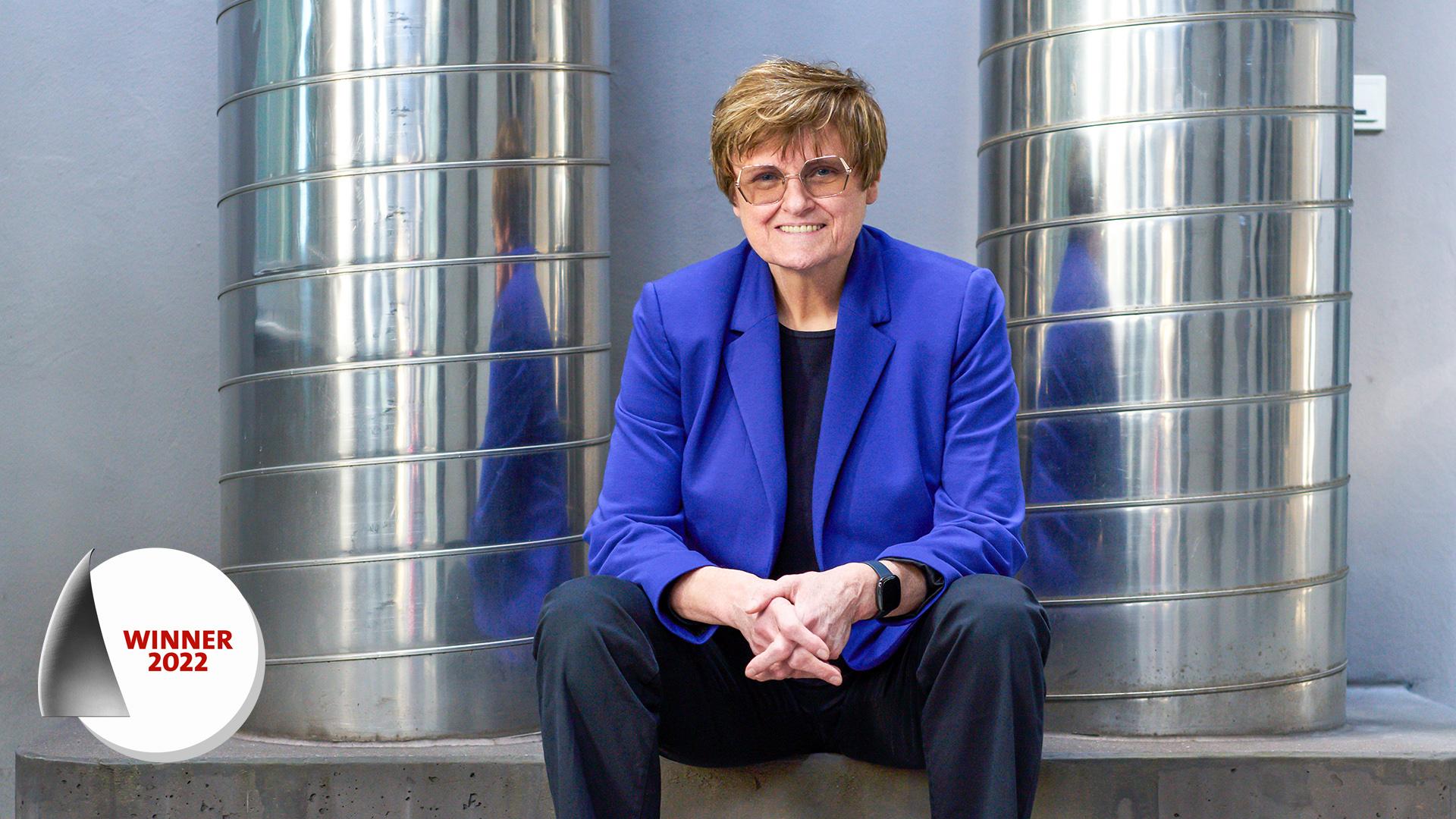Biotech inventors
Last updated: 2.11.2022
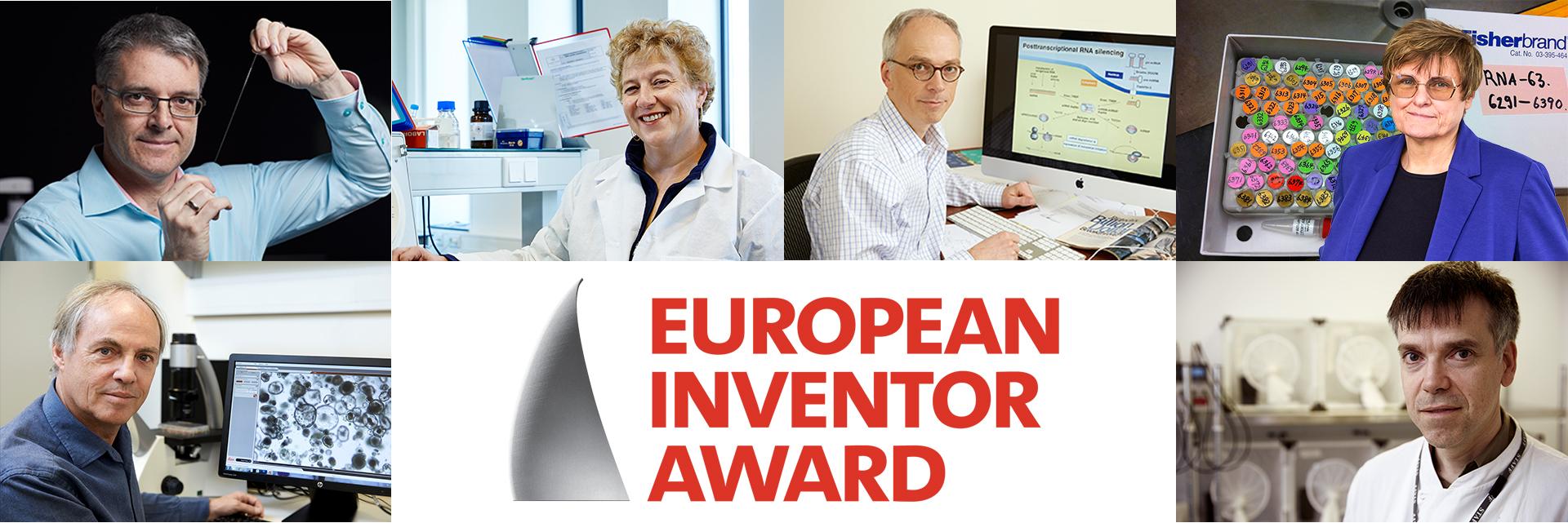
The field of biotech has produced many pioneering technologies. Since 2006, dozens of inventors in this field have been recognized by the EPO's annual European Inventor Award. Meet a selection of these brilliant scientists whose genius and vision have made the world safer, healthier and more sustainable.
- Thomas Tuschl
-
Thomas Tuschl's groundbreaking method of "switching off" human genes has become a vital tool in developing new ways of diagnosing and treating conditions from haemophilia to high cholesterol. The biochemist succeeded in adapting a gene-silencing technique known as RNA interference for use in human cells.
- Luke Alphey
-
The British scientist developed a genetically modified mosquito which, when released into the wild, mates with female mosquitoes to produce sterile offspring. This reduces disease-carrying mosquito populations by over 90% and so helps to eradicate diseases such as dengue fever, yellow fever and Zika.
- Laura van 't Veer
-
Laura van 't Veer is the inventor of a gene-based breast cancer test. It evaluates tumour tissue for the 10year risk of cancer recurrence, thus identifying high-risk patients who actually require chemotherapy, and low-risk patients who will remain cancer-free without having to undergo toxic chemical treatments.
- Hans Clevers
-
Ushering in a new era of personalised medicine and drug development, Dutch molecular geneticist Hans Clevers and teams at the Hubrecht Institute and the University Medical Center in Utrecht pioneered what are called "organoids". The "mini-organs" - including livers, lungs and intestines - are grown from the stem cells of individual patients and allow doctors to test the specific effects of drugs safely - outside the body.
- Thomas Scheibel
-
Thomas Scheibel had long admired the strength of spider silk. His process uses advanced bioengineering methods to bring one of the most resilient materials found in nature into industrial-scale production. His synthetic spider silk is made by bacteria - no arachnids are involved!
- Katalin Karikó
-
Biochemist Katalin Karikó developed a way to modify messenger ribonucleic acid (mRNA) for safe use in the human body.
